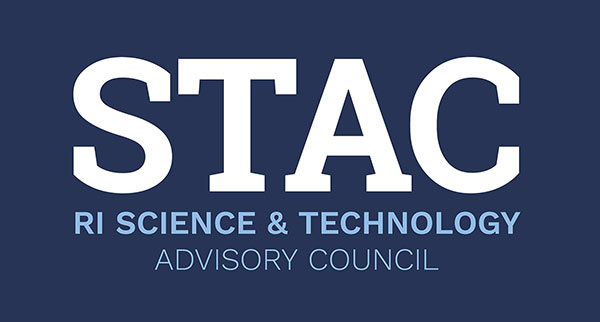Governor Lincoln D. Chafee, joined by U.S. Senator Sheldon Whitehouse, other government leaders and environmental advocates at the West Warwick Regional Wastewater Treatment Facility, today signed an Executive Order, which creates the Rhode Island Executive Climate Change Council (ECCC). The ECCC will advise the Governor, the General Assembly, and the public on best practices to ensure that the state continues to be a national leader in developing and implementing strategies that address challenges created by climate change.
“I am establishing the Council because for too long there has been strong evidence and scientific consensus that manmade greenhouse gases will have profound effects on global climate, weather patterns and ocean conditions; effects that the state cannot afford to ignore,” Governor Chafee said. “Rhode Island must act boldly to position the state as a national leader in climate adaptation with a comprehensive approach that will benefit our communities and businesses.”
The Director of the Rhode Island Department of Environmental Management, Janet Coit, will chair the ECCC, and it will include the leaders of the following State agencies: Coastal Resources Management Council; Department of Administration; Department of Transportation; Department of Health; Emergency Management Agency; Office of Energy Resources; Division of Planning; and Rhode Island Commerce Corporation.
“Rhode Island is already seeing the effects of climate change through coastal erosion, higher risk from storm surge, and shifting seasons and fisheries,” said Senator Sheldon Whitehouse, Co-Chair of the Bicameral Task Force on Climate Change in the U.S. Congress. “Governor Chafee, like his father John before him, has long advocated for stronger environmental policies. The executive order announced today builds on that long legacy of environmental leadership and will help Rhode Islanders prepare for the changes ahead while also reducing the carbon emissions that are causing them. I thank the Governor for taking this important step.”
Among its initiatives to develop long-term strategies to prepare for the impacts of climate change, the Council is tasked with working with the cities and towns to help prepare communities, as well as identify and leverage federal, state, and private funding opportunities for emission reduction. Rhode Island’s collaboration and partnership will continue with other New England governors and the Eastern Canadian premiers to explore areas of mutual interest to achieve common environment goals.
“Climate change is one of the biggest challenges we face when it comes to ensuring the health and resilience of our natural resources, infrastructure and quality of life,” said Department of Environmental Management Director Janet Coit. “I look forward to working with the Council over the coming months to develop an action plan that will address the impacts of climate change on Rhode Island.”
“Individually Rhode Island agencies have been doing work on climate change that is considered to be in the vanguard as far as national efforts go,” said Grover J. Fugate, Executive Director of the RI Coastal Resources Management Council (CRMC). “The council which is set up by this executive order will provide a platform to coordinate these activates and enhance the value to all citizens of the state and place Rhode Island in a leadership position nationally on the critical issue.”
“State agencies play a central role in guiding public policy and overseeing critical investment decisions that have long-term consequences,” said Jonathan F. Stone, Executive Director of Save The Bay. “By establishing the Executive Climate Change Council, the Governor is taking an important step forward in integrating and coordinating actions by state agencies to reduce greenhouse gas emissions and advance sound public policy that anticipates what lies ahead.”
The executive order calls for the Governor to receive a formal report with findings, recommendations, and a status update on achieving the objectives by May 1, 2014, with subsequent reports due yearly on May 1.
